The Best Natural Home Remedies for Skin Allergies
Note: Friends, if you are comfortable in reading this article in any other language, please change the language from the translate button on the top of this article.
.jpg) |
| When your skin comes into contact with something that makes it sensitive or allergic, skin allergies frequently result |
Image: Skinbykris
Overview
A prevalent issue among people everywhere is skin allergies. Although this is a common skin condition, you should not ignore it, because it could significantly affect your life.
Patients may experience modest symptoms of the disease, such as itchiness, fever, etc.
Skin allergies, however, can cause scarring or alter the color of the skin in extreme cases.
When your skin comes into contact with something that makes it sensitive or allergic, skin allergies frequently result.
Anyone can contract this illness, but those with low resistance and hypersensitivity are at a higher risk.
It is a chronic illness that can have outbreaks and eventually heal on its own.
Although it can happen anywhere on the skin, the back of the knee and the arm are where it happens most frequently.
You might itch so much that it interferes with your sleep and daily activities.
What are the main causes of skin allergies?
There are various causes for skin Allergies:
- Hair straighteners and hair coloring.
- Nickel-a metal used in buckles and jewelry.
- Being allergic to particular fruits including butter, kiwis, and chestnuts, and sensitive to rubber materials.
- Some nuts, including pecans, pistachios, pine nuts, and walnuts, can cause skin allergies.
- Peanuts are one of the most widely known dietary allergies. Peanut allergies can have very negative consequences.
- Soybeans, wheat, fish (tuna), seafood (shrimp, oysters, snails), some fruits, vegetables, spices, artificial and natural colors, chemical additives, and poultry are additional foods that contain allergenic proteins.
- Shampoo, soap, perfume, and cosmetics smell.
- a few unique drugs applied to the skin.
- Pollution of the environment, smoke and dust
- weather change.
Home remedies for normal to acute skin allergies:
- Take 50 gm. of neem leaves and wash them properly.
- Boil the leaves in one liter of water for 20 minutes.
- Filter to get the extract.
- Mix this with a bouquet of water and take bath with this water.
- Also consume 5 fresh neem leaves daily for two to four weeks.
- Remember that consumption of excess neem leaves can cause dryness or rashes. In that case, give a break and restart after a few days.
- Take some Potter's Clay (Clay with which potters make clay pots and utensils and called Chikni mitti in India) and dip this in water for 5 hours.
- If you can't get Potter's Clay you can use Fuller's Earth (Called Multani Mitti in India).
- Now mix this properly in a china pot to make a fine paste.
- Dip a cloth or bandage in this clay and place it on the affected area.
- For large areas you can apply it like a pack or mask.
- Let it stay for half hour then wash it with warm water.
- Repeat this daily for two to four weeks or as required.
For Mild Types of Allergies, You Can Use The Following Popular Remedies:
1. Aloe Vera
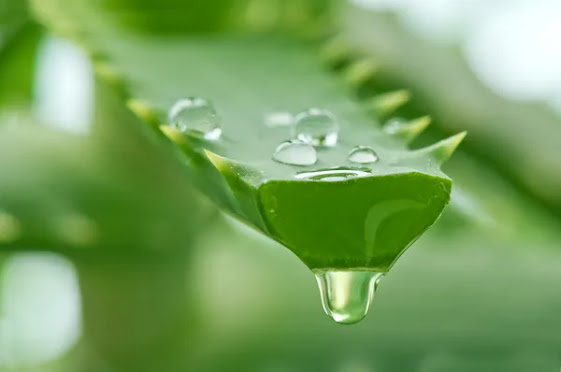 |
| Aloe Vera has a lot of anti-inflammatory and antibacterial substances, which are excellent for treating skin conditions like acne and allergies. |
- Take 200 grams of aloe vera.
- Peel it and prepare a paste.
- Apply the paste to the affected area.
- Rinse your skin with water three minutes later.
2. Ginger
- Make a ginger paste, combine it with a few teaspoons of vinegar, and boil it in 200 ml of water.
- After boiling, let the stew sit for 15 minutes and consume it.
- This can be used on the afflicted area as well.
- Do this 4-5 times a week.
 |
| Honey has a high water content, it may hydrate the skin and give it the nutrients it needs to improve its health |
- About twice a day, apply pure honey directly to the skin.
- You can gently massage the skin as you apply the product to help the honey's nutrients into the skin and nourish and soften the skin in the best possible way.
- After 20 minutes, thoroughly rinse your skin.
4. Orange
 |
| Oranges are rich in vitamin C, which promotes collagen formation and shields the skin from UVA and UVB damage |
- Take 100 gm. orange peel and 100 ml of water.
- Orange peel should be rinsed before being added to the water. Boil them.
- After boiling, let the orange peel juice cool for 30 minutes.
- Spray the juice on skin allergies sparingly.
- Gently rub in a clockwise motion. Next, wash your skin allergy area once again with water.
6. Baking Soda
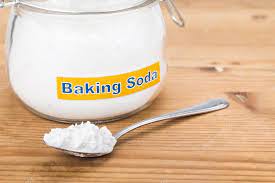 |
Baking soda can help reduce itching and irritation brought on by skin allergies. |
7. Coconut Oil
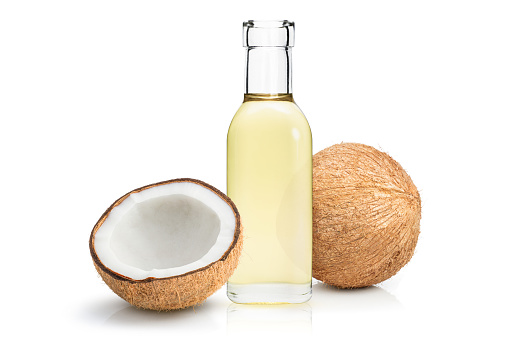 |
| The itchiness, irritation, and dryness brought on by skin allergies can be relieved by using coconut oil |
9. Oat Meal Bath
10. Mint leaves (Pudina)
In addition to using Home Remedies, you should also take the following precautions to control allergies:
- Avoid using soap, detergent, skin care products, and beauty products because they are known to be the main source of allergic skin rashes.
- Take good care of your skin; avoid rubbing anything harsh or abrasive against sensitive or allergic skin.
- Apply ice to the area that is aching to relieve it.
- Avoid getting hot water on exposed skin. This will simply exacerbate the problem.
- To help with the itching that skin allergies might produce, drink lots of water.
Questions People Ask About Skin Allergies:
Visit our Facebook Page: https://www.facebook.com/Indian-Nuskhe-252444405114061
For disclaimer and terms of use of our blogs please click here


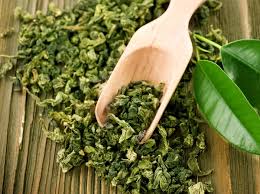
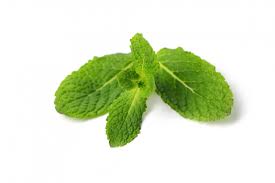
Comments
Post a Comment